The passing of former health minister and Harvard grad Endang Rahayu Sedyaningsih at RS Cipto today is the subject of this news alert from the Jakarta Post. She’s the one who told the USA medical research community that if they wanted bird flu samples they should send money. Since Indonesia would certainly be paying for the vaccine, once developed.
The story of her passing is only indirectly related to the Indonesian hospitals content of this blog. But it does serve to illustrate my fascination with “RS Cipto” hospital/medical school/medical research facility. In fact, there’s no doubt the place looms large in the imagine of people of all ages across the archipelago. Stories with themes ranging from heroism to terrorism often end up there. It’s downright spooky, many would say. But others are more likely to remember a poor friend or neighbor whose newborn was saved by the no-doubt immense technical and human expertise standing by to benefit Indonesia at this particular Central Jakarta address.
In fact, I was thinking and I believe it’s one of the very few Jakarta public places — except for perhaps the public parks in the same part of town — that I visit that has been in operation since Dutch times (ca. 1910). In other words, they’re doing exactly the same thing there that they were 100 years ago. This type of continuity is rare in a place experiencing change on so many levels — political, legal, demographic — and at such a rapid place as Indonesia.
How else to illustrate the experience of seeing the very rich and very poor united by the raw, human experience of being alive and trying to stay that way as (dis)organized among the cramped medical campus full of stately old Dutch buildings located on what was once a gorgeous and is still a very interesting bend in the Ciliwung River in Salemba, Jakarta?
Well, besides this rare photograph (and snapshots of my own on this blog), I guess I’d compare it to a trip to the Department of Motor Vehicles (DMV) back in Texas. Because here’s a nation doing what it does, presumably trying its best. No one really looks forward to a visit to the DMV or a big urban hospital. But once you’re there, you can’t help noticing how, like a mirror, these public institutions reflect the makeup of the nation and just how well — and badly — we behave as doctors, patients, policy makers and citizens.

So here’s the report from the Jakarta Post:
Former health minister Endang Rahayu Sedyaningsih passed away at 11:41 a.m. on Wednesday after her battle against lung cancer. Cipto Mangunkusumo General Hospital director Akmal Taher said Endang had been undergoing treatment at the hospital since April 20.
Endang leaves her husband, Reanny Mamahit, Tangerang General Hospital director, two sons, Arinanda Wailan Mamahit and Awandha Raspati Mamahit, and a daughter named Rayinda Raumanen Mamahit.
Born 57 years ago in Banyumas, Central Java on Feb 1, the mother of three was mostly unknown to the public until her appointment as health minister in 2009, replacing the front-running candidate, medical professor Nila Juwita Anfasha Moeloek, at the last minute.
Endang graduated from the University of Indonesia in 1979 and then joined Pertamina Hospital in Jakarta as a clinician. In 1983, she moved to the Jakarta Health agency, but not before serving as the head of the community health center at the Waipare Health Center in East Nusa Tenggara.
She then continued her education and gained her master and doctoral degrees from the Harvard School of Public Health in 1992 and 1997 respectively. Endang then expanded her career by joining the World Health Organization (WHO) in Geneva, Switzerland in 2001, serving as the technical adviser at the Department of Communicable Disease Surveillance and Response.
Five years later, Endang was named coordinator and researcher of the avian influenza program for the Health Ministry’s Center for Biomedical and Pharmaceutical Research and Program Development in Jakarta.
In 2007, she was promoted to director of the center.
Additionally, she worked as part of an advisory team and as a country consultant for foreign agencies including the US Agency for International Development (USAID), the Australian government’s overseas aid program (AusAID) and the World Bank.
Endang’s appointment sparked criticism, including from previous health minister Siti Fadillah Supari, who questioned her stance during her tenure as director of the Health Ministry’s Center for Biomedical and Pharmaceutical Research and Program Development.
Siti, in particular, had reportedly suspected Endang of smuggling H5N1 bird flu virus samples overseas.
Endang, a former researcher at the Naval Medical Research Unit Two (Namru-2), a US military research center that had been closed by Siti Fadillah, denied the accusation and asked the public to let her prove herself.
“That’s not true. I’ve never taken the virus overseas. I’ve never sold it. I only conducted research with colleagues,” said Endang in October 2009, adding that she would uphold her predecessor’s policy of closing Namru-2. (asa/dic)
And here’s the report from Kompas with regard to her illness (since 2010):
JAKARTA – Mantan Menteri Kesehatan Endang Rahayu Sedyaningsih meninggal dunia sekitar pukul 11.41 WIB di RS Cipto Mangunkusumo, Jakarta Pusat, siang ini. Endang Rahayu menghembuskan nafas terakhir setelah berjuang melawan kanker paru-paru stadium 4.
Informasi mengenai sakitnya Menkes sudah lama diketahui publik. Pada 16 Januari 2011 lalu, Staf Khusus Menteri Kesehatan Bidang Politik dan Kebijakan Kesehatan, Bambang Sulistomo mengatakan Menkes Endang sudah mengidap kanker paru-paru sejak Oktober 2010.
“Iya meninggal sekitar 10 menit yang lalu telah pergi,” kata juru bicara kepresidenan, Julian Aldrin Pasha saat dihubungi wartawan, siang ini. Saat menghembuskan nafas terakhir, Endang didampingi suaminya.
Endang, menteri lulusan Universitas Harvard, Amerika Serikat itu, sejak semalam terus dikunjungi sejumlah menteri. Pagi tadi, Menteri Pemberdayaan Aparatur Negara dan Reformasi Birokrasi Azwar Abu Bakar baru saja membesuk Endang Rahayu.
Wakil Ketua Komisi IX bidang kesehatan Sumarjati Arjoso juga baru saja tiba di RSCM. Bahkan, Sumarjati sempat mengenang masa-masa kerja bersama Endang Rahayu saat masih di Dinas Kesehatan DKI.
Masih menurut dia, Menkes sempat berobat ke luar negeri, yaitu ke Kota Guangzhou, China, pada Oktober hingga November 2010.


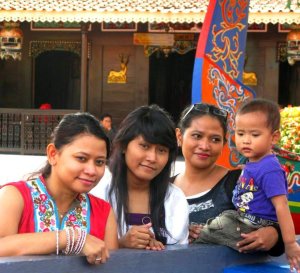





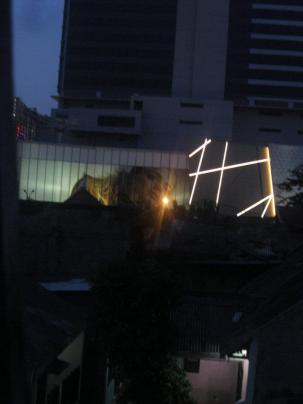
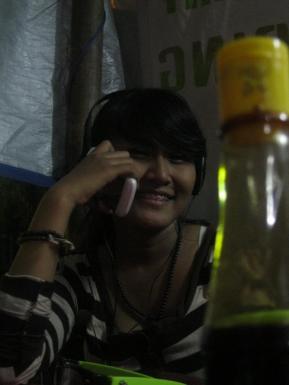

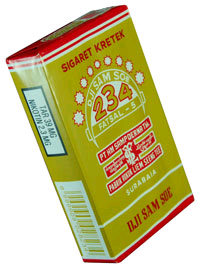

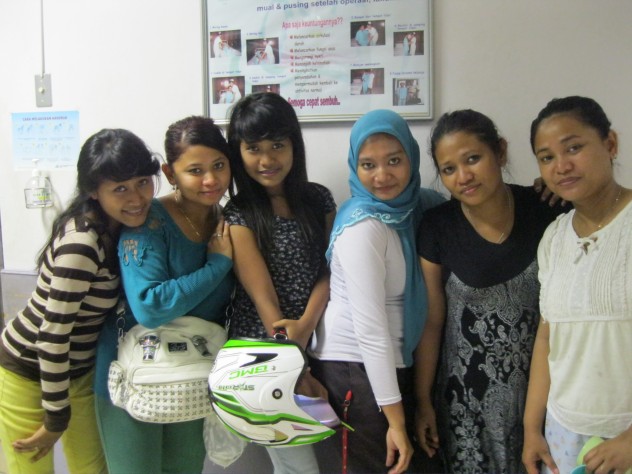
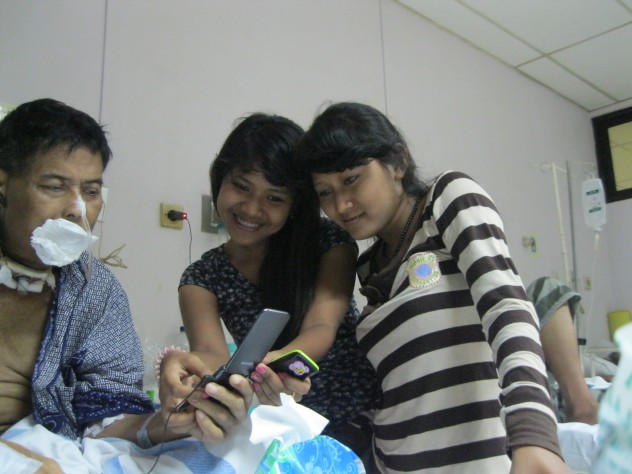

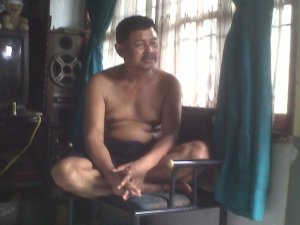

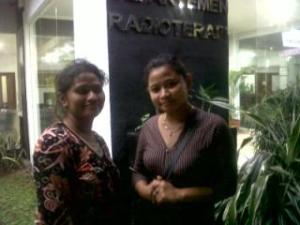 Fadil
Fadil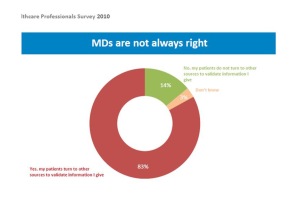
Reply